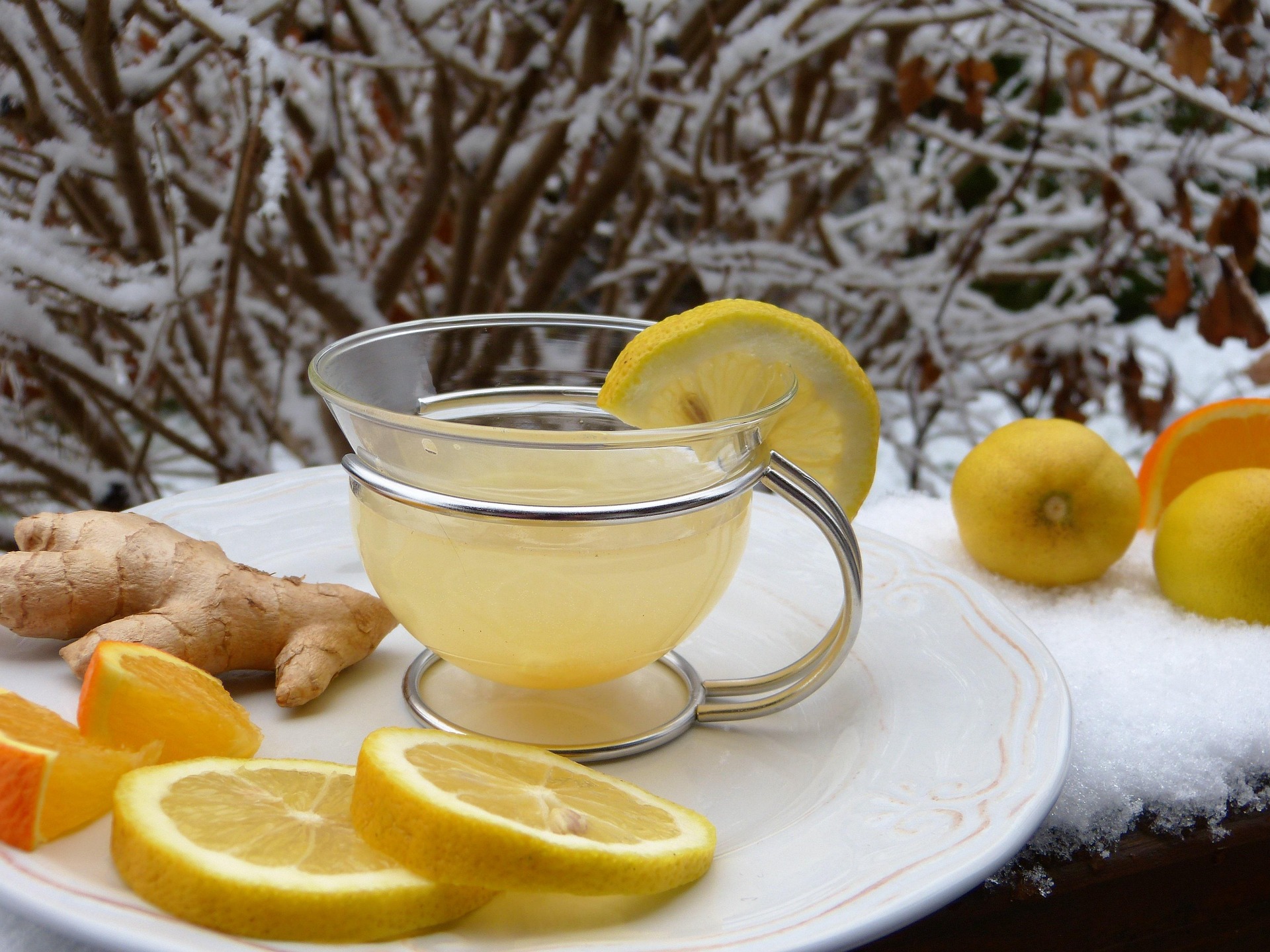 Lifestyle factors
Lifestyle factors
This post is going to get into some of the herbs that can help support the immune system and important timing factors for them, but it’s worth emphasizing that lifestyle habits are fundamental. Sleep deprivation will weaken the immune system and thus getting adequate sleep is a priority for keeping the immune system strong. Sleep is also an important time for the body to clear out pathogens and cellular waste.
It’s also important to keep the body warm by protecting yourself outdoors from wind. If you get chilled, make sure to warm your core back up once inside. Additionally, keep the body warm by focusing on warm-natured foods and cooked meals.
That being said, don’t let the elements prevent you from getting outside. The fresh air and sunshine help to bolster the immune system. UV light from the sun is the best way to synthesize vitamin D, which is important to help modulate the immune system.
Now, to get to the herbs…
Herbs have been used since time immemorial to support the immune system and fight infections. However, many herb names get tossed around as being helpful to the immune system, but are you using the right ones at the right time? Let’s get into the differences in herbal categories and when to use them.
Immunomodulating herbs
Immunomodulatory herbs do exactly that, they help to modulate and balance the immune system. These herbs are safer to take longer term and can be included as a regular support for the immune system. If you are someone who gets sick frequently, immunomodulators would be a great choice to use more routinely.
Examples of immunomodulators: most of the medicinal mushrooms are immune-modulating (e.g. reishi, turkey tail, shiitake, agaricus, chaga), codonopsis, astragalus, and schisandra.
Immune stimulants
As the name suggests, immune stimulants stimulate the immune system and are best used short term. Immune stimulants can be used when you already feel you are “coming down with something” or in a situation where you’d want to strengthen your immune system short term.
Examples: echinacea (the most widely used one), japanese knotweed, usnea. Andrographis appears to have both immune stimulating and immunomodulating effects.
Other herbal categories
Often antimicrobial herbs are paired with immune supports if an infection is already present, but are otherwise not always necessary. Adaptogens are another category of herbs that can be useful in supporting the immune system. Adaptogens have more of an indirect effect, as they are helping the body to adapt to stress, which is something that can weaken the immune system. Adaptogenic herbs can assist in providing the vitality needed for your immune system to work better on its own.
There can be overlap as some of the immunomodulating herbs are also adaptogenic. For example, reishi, schisandra, and astragalus also have adaptogenic properties. Other adaptogens that can help support during periods of stress include: ashwagandha, rhodiola, ginseng, licorice root, tulsi, and eleuthero. Note that ginseng and licorice root should not be taken long term and licorice root should be avoided for those with high blood pressure.
Astragalus (Huang qi)
Astragalus is both an adaptogen and an immune tonic. In Traditional Chinese Medicine, it is used to boost and lift qi and support our “wei qi,” or defensive qi. Wei qi is what helps to defend the body from external “evils.” Astragalus should be discontinued with acute illness because rather than strengthening our shield and trapping in the invasion, we want to work to purge it out. However, it’s a great herb to include at seasonal transitions or if you start feeling run down.
Elderberry
It is worth mentioning elderberry on its own as it is often associated with supporting the immune system. It is unique in that it can be stimulating to the immune system, but it is also balancing and therefore cannot be solely classified as an immune stimulant. It has antiviral properties and it also helps to support the immune system by modulating cytokine production. Elderberry syrup is a popular home remedy to take throughout the fall and winter to support the immune system. In daily low doses it can help to regularly support the immune system, and, when sick with a cold or flu, the dose can be increased to help fight an infection.
Putting it all together
In summary, all of these herbs have their place in supporting the immune system, it just depends what you are needing support with in order to use them the most effectively. Sometimes stronger herbs that are meant to be used short term end up being used for longer periods of time, which can end up being too stimulating and overall depleting for the body. This is also why lifestyle factors are so fundamental, because ultimately those are the practices that will best fortify the vital force. That being said, we all need additional support at times, especially during seasonal transitions, and these herbs are wonderful allies when used appropriately.
Please note this article is not medical advice – it is always recommended to research herbs for your own personal use and to work with a healthcare practitioner to make sure they are right for you.


